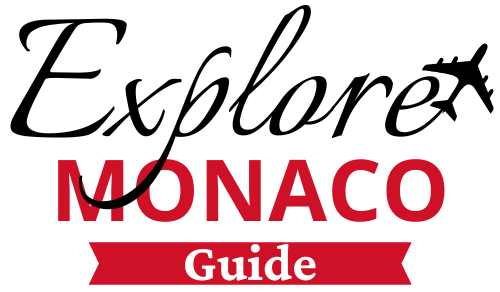Despite its location on the Mediterranean coast and its close ties to France, Monaco is not part of the EU. This tiny principality, famous for luxury, glamour, and Formula 1, maintains its independence as a sovereign microstate. Yet, in many ways, Monaco functions like a European country, using the euro as its official currency and even participating in popular events like the Eurovision Song Contest.
Monaco is not part of the EU but a Sovereign State With Strong EU Ties
Monaco is not a member of the European Union, but it has special arrangements with it through France. The country is in a customs and monetary union with the EU and uses the euro legally, even though it is not part of the eurozone. Because of agreements with the French government, Monaco can mint its own euro coins featuring Monegasque symbols.
While Monaco does not take part in EU decision-making, it aligns closely with many EU regulations, especially in areas like trade, border control, and taxation. The Schengen Agreement also applies, so travelers crossing between France and Monaco enjoy open borders without passport checks.
Monaco in European Culture
Even though Monaco is outside the EU, it actively participates in many European cultural and sporting institutions. One standout example is the Eurovision Song Contest, where Monaco has sent artists to represent its unique identity on the continental stage. The principality also takes part in various European sporting events and organizations, further highlighting its deep cultural integration.
More European Than You Might Think
So while Monaco is not part of the EU, it remains deeply connected to Europe through currency, culture, and cooperation. From shared regulations to festive celebrations, Monaco bridges the gap between independence and integration. For visitors, the experience feels entirely European—just with a royal twist and a bit more sparkle.
